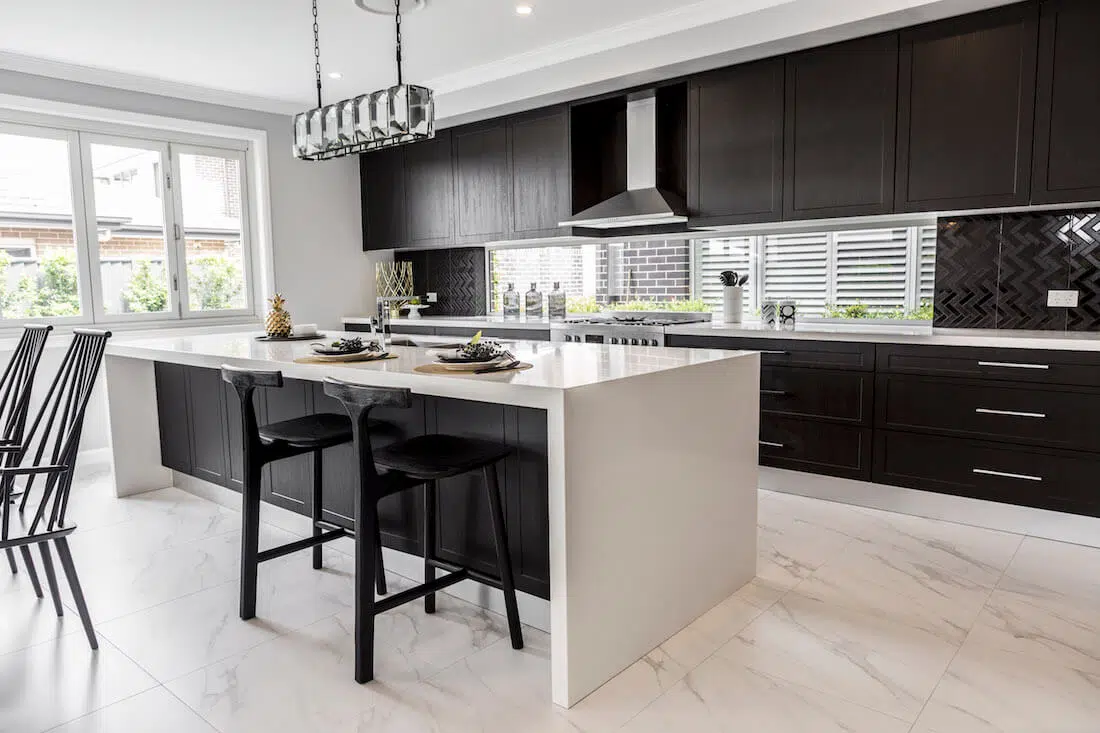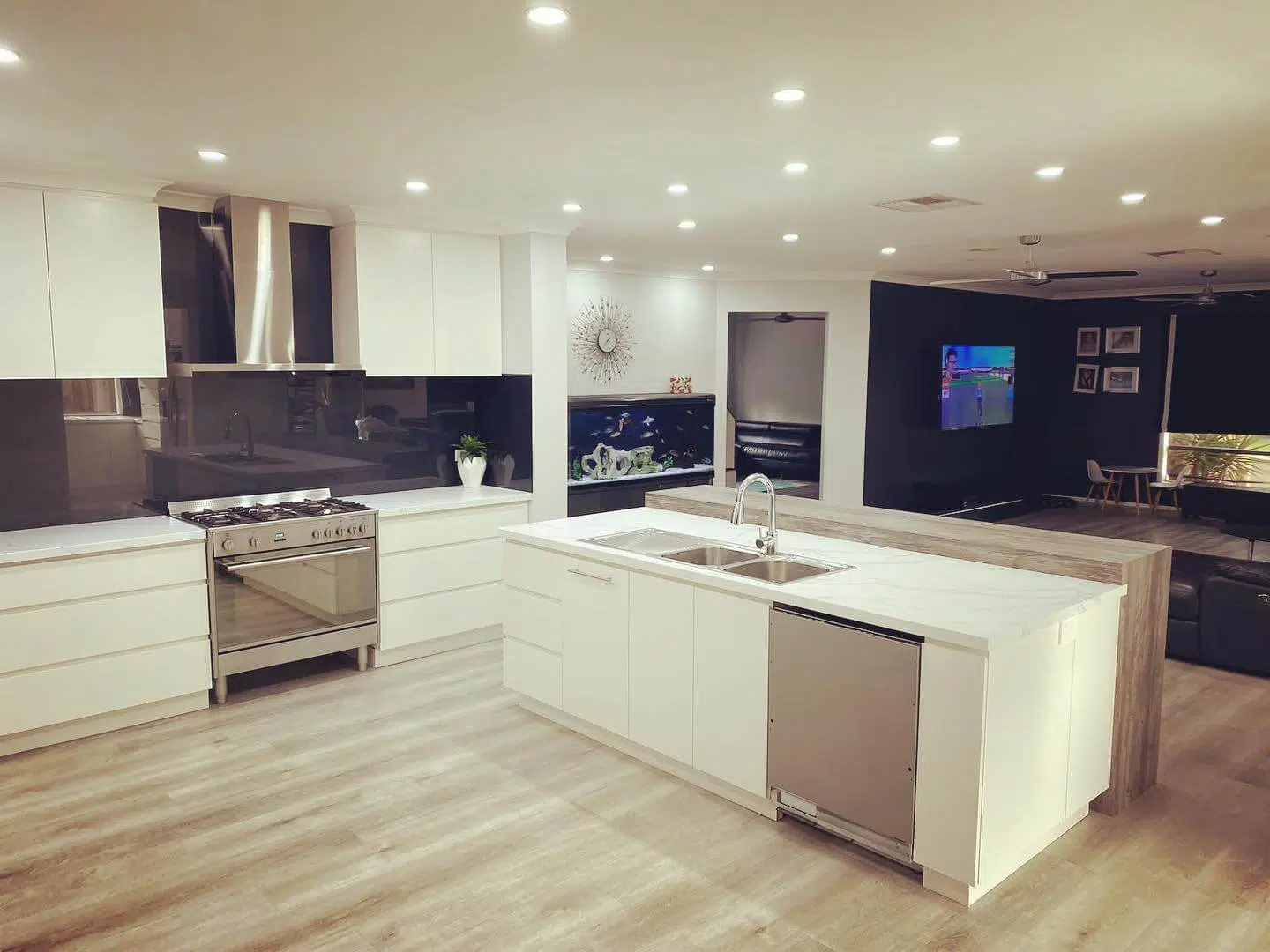Engineered stone has been a popular choice in Australian homes for its durability, versatility, and modern appeal. However, the rising demand for sustainable materials has spurred interest in alternatives that combine style, functionality, and environmental responsibility.
Many homeowners and designers are exploring other premium stone options like marble, granite, and porcelain as engineered stone alternatives, each offering unique benefits tailored to various needs.
Let’s delve into how these materials stack up as alternatives and why they’re gaining popularity in the design world.
1. Marble: The Epitome of Elegance
For centuries, marble has been synonymous with luxury and timeless beauty. Known for its natural veining and smooth finish, marble adds a touch of sophistication to any space.
Advantages of Marble:
- Aesthetic Appeal: Marble’s unique veining patterns provide an unmatched natural elegance that engineered stone often imitates but cannot replicate.
- Variety: From the classic Carrara to the dramatic Calacatta, marble offers diverse options to suit both traditional and contemporary designs.
- Heat Resistance: Ideal for kitchens and bathrooms, marble can withstand high temperatures with proper care.
Considerations:
While marble is a luxurious choice, it requires sealing and regular maintenance to protect it from stains and etching.
Best For: Kitchen benchtops, bathroom vanities, and feature walls where elegance is paramount.
2. Granite: The Workhorse of Natural Stone
Granite is a robust natural stone celebrated for its durability and variety. Its speckled appearance and earthy tones make it a popular choice for both residential and commercial applications.
Advantages of Granite:
- Exceptional Durability: Granite is highly resistant to scratches, heat, and impact, making it ideal for high-traffic areas.
- Low Maintenance: Once sealed, granite is resistant to stains and easy to clean, reducing long-term upkeep.
- Eco-Friendly: Unlike engineered stone, granite is 100% natural and recyclable.
Considerations:
Granite’s natural patterns may not offer uniformity, which is something to consider for minimalist designs.
Best For: Kitchen countertops, flooring, and outdoor applications due to its rugged nature.
3. Porcelain: The Modern Alternative
Porcelain Benchtops are making waves in 2025 as a versatile and innovative engineered stone alternative. Manufactured from natural clay and minerals, porcelain combines the elegance of stone with the benefits of modern technology.
Advantages of Porcelain:
- Wide Range of Designs: Porcelain can mimic the look of marble, granite, or concrete, offering endless design possibilities.
- Ultra-Durable: Resistant to heat, stains, UV rays, and scratches, porcelain is perfect for indoor and outdoor use.
- Thin and Lightweight: Porcelain slabs can be installed over existing surfaces, making them a practical choice for renovations.
Considerations:
Porcelain is more prone to chipping than granite, especially along the edges, so professional installation is recommended.
Best For: Kitchen and bathroom countertops, flooring, splashbacks, and outdoor kitchens.
Key Factors to Consider When Choosing Your Alternative
- Budget: While marble and granite can be pricier upfront, their longevity offers great value over time. Porcelain provides a budget-friendly middle ground with premium aesthetics.
- Maintenance: Marble requires sealing and care, while granite and porcelain offer more low-maintenance solutions.
- Application: Consider the material’s durability and finish in relation to the space—high-traffic areas may require more resilient options like granite or porcelain.
At Stonaa, we’re committed to helping you explore the best materials for your project, be it Engineered Stones or Natural Alternatives. Get in touch with us today to elevate your space with sustainable surfaces. Visit stonaa today to discover a world of possibilities!




